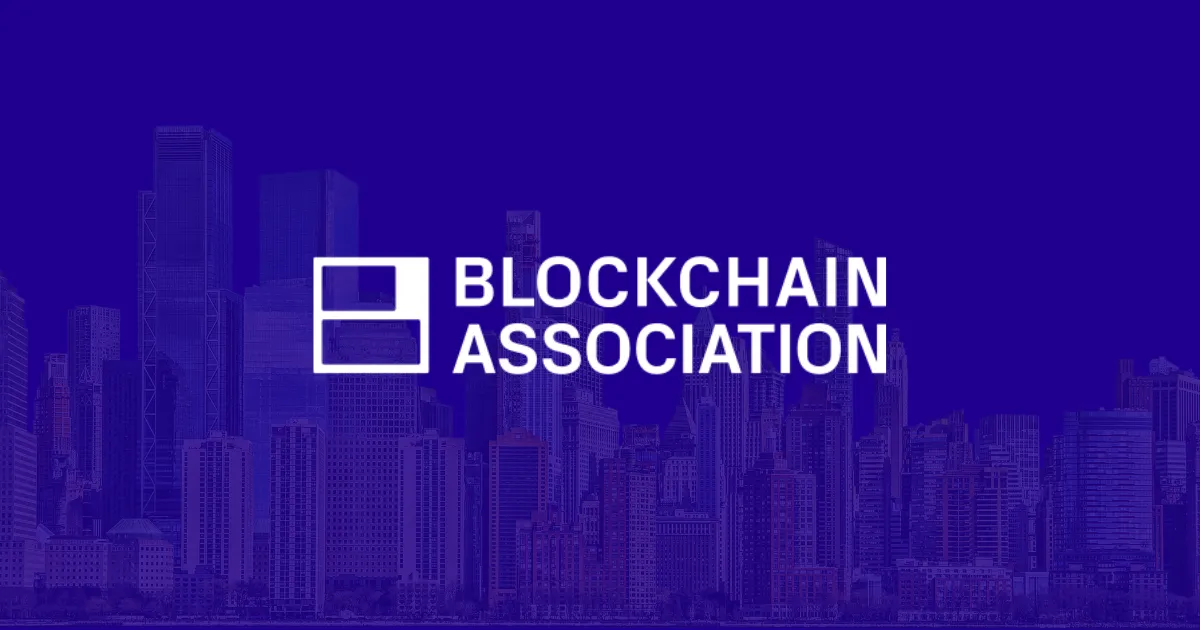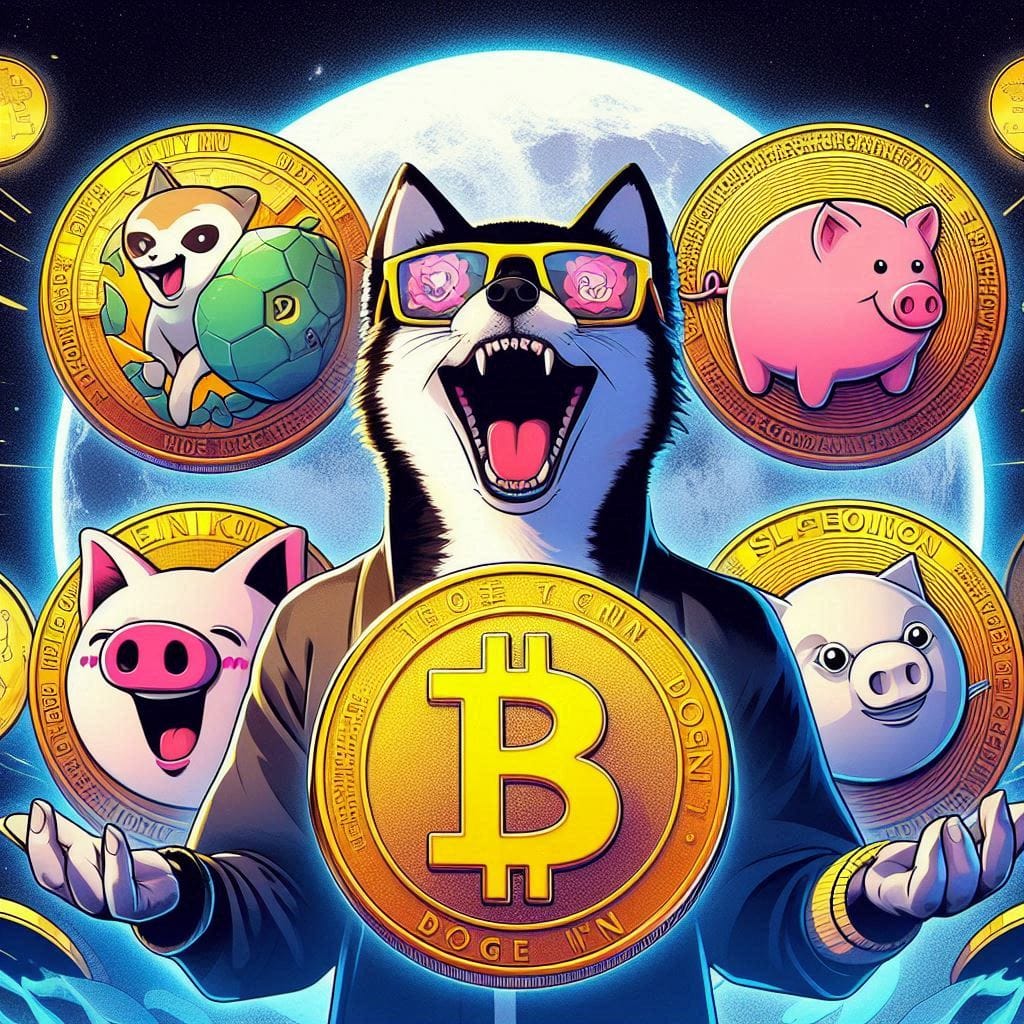The Blockchain Association has filed a lawsuit against the U.S. Securities and Exchange Commission (SEC) concerning its recent reinterpretation of the “dealer” definition, which now extends to the decentralized finance (DeFi) participants.
This move has sparked a significant debate within the crypto community about regulatory reach and innovation impact.
The Blockchain Association vs. SEC: A Landmark Legal Battle
The Blockchain Association has filed a pivotal lawsuit against the SEC, focusing on the controversial expansion of the “dealer” definition to include DeFi actors.
This legal challenge raises critical questions about regulatory boundaries and the future of decentralized finance.
Background of the SEC Decision
In February 2024, the SEC broadened the “dealer” definition under securities regulations to include entities frequently trading, creating liquidity, and adjusting market conditions, which are key activities in decentralized finance (DeFi).
This adjustment was made to cover roles in the evolving digital asset markets that the old definition failed to encompass, aiming to enhance transparency and safety. However, this expansion faced opposition from the crypto industry and some SEC commissioners, who argued it could overly burden innovative sectors and hinder technological progress.
Despite these concerns, the SEC maintains that the change aligns with Congressional goals to regulate market makers and close regulatory loopholes, thus protecting market integrity and investors.
This backdrop informs ongoing legal debates and industry reactions to the SEC’s revised dealer definition.
Arguments presented by the Blockchain Association
A key challenge to regulatory overreach in the DeFi field is the Blockchain Association’s lawsuit against the SEC’s expanded definition of “dealer.”
Their key point is that the SEC’s broader definition has the potential to hinder innovation by putting standard securities law frameworks on decentralized financial systems, which are meant to operate differently from traditional financial markets.
The Association contends that the SEC’s decision lacks sufficient clarity and could indiscriminately classify many DeFi participants as dealers, even those who do not engage in typical “dealer” activities like market making.
This could force many projects to either alter their operational models or cease operations due to the heightened regulatory and compliance costs.
Furthermore, the Blockchain Association argues that the SEC’s rule change was implemented without adequate industry consultation, suggesting that the regulatory process may have overlooked the unique characteristics and technological underpinnings of DeFi platforms.
They stress that extensive industry engagement to comprehend the ramifications and practical realities of DeFi ecosystems should come before enacting such regulatory measures.
Legal experts and industry stakeholders are closely watching this case, as it could set a precedent for how decentralized digital asset markets are regulated in the United States and potentially globally.
The outcome could influence future regulatory approaches to emerging technologies and either validate the SEC’s stance on stricter regulations or push back against what some see as an overextension of regulatory authority in the rapidly evolving crypto sector.
The SEC’s stance over the dealer definition
To strengthen regulatory control and lower possible risks in the financial markets, especially those related to DeFi and other digital assets, the Securities and Exchange Commission (SEC) decided to redefine “dealer” under securities legislation.
SEC Chair Gary Gensler emphasized that the updated rules are common-sense measures intended to protect market integrity and ensure that all market participants adhere to the same standards.
These measures may affect individuals who operate in these categories but do not identify as dealers in the DeFi market.
The SEC argues that these changes are necessary to close regulatory gaps that have allowed some market participants to operate without adequate oversight, which could lead to unfair market practices and financial instability.
The agency also pointed out that the redefinition follows a functional analysis approach, focusing on the activities undertaken by a person rather than the type of security traded.
This approach aims to ensure that anyone engaging in market-making activities, directly or indirectly, is subject to registration and regulation, irrespective of the technology used.
Implications for the Crypto Market, Regulation and Expert Perspective
The SEC’s move has significant implications for the crypto market, particularly within the DeFi sector.
By requiring more entities to register as dealers, the rule aims to bring greater transparency and oversight to this dynamic sector.
However, this could also mean increased compliance costs and operational challenges for DeFi platforms, potentially stifling innovation and impacting smaller players who may not have the resources to meet these new regulatory demands.
Additionally, this move signals a broader trend towards tighter regulation in the crypto industry, reflecting growing governmental interest in ensuring market stability and protecting investors from potential risks associated with digital assets.
While this might enhance investor confidence and market integrity, it raises concerns about the balance between regulation and the autonomy of decentralized systems.
Expert Opinions
The ongoing legal challenge by the Blockchain Association against the SEC’s expanded “dealer” definition has garnered attention and varying opinions from legal experts and industry leaders. Their insights shed light on potential outcomes and the broader impacts of this regulatory shift on the crypto landscape.
Legal Perspective:
- Gary Gensler, SEC Chair, mentioned that the changes are common-sense measures intended to maintain market integrity. He stressed the importance of these rules in protecting investors from emerging risks associated with digital assets.
- Mark Uyeda, the Republican SEC Commissioner, criticized the rule change as overreach, expressing concerns about the expansive interpretation of the “dealer” definition, which could limit industry growth and innovation.
Industry Insight:
- Crypto Analysts suggest that the increased regulatory scrutiny could lead to more stable market conditions, which might attract institutional investors seeking reliability and compliance assurances. However, they also warn that such stringent measures could deter new entrants and suppress technological innovations within the sector.
The outcome of this lawsuit could influence regulatory approaches globally, impacting not just the U.S. markets but also international standards on cryptocurrency operations.




 Crypto2 years ago
Crypto2 years ago
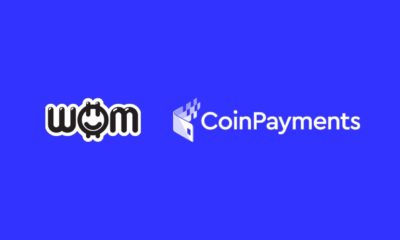

 Blockchain4 years ago
Blockchain4 years ago
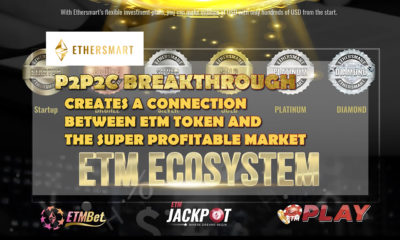

 Press Release4 years ago
Press Release4 years ago


 Press Release4 years ago
Press Release4 years ago


 Blockchain4 years ago
Blockchain4 years ago
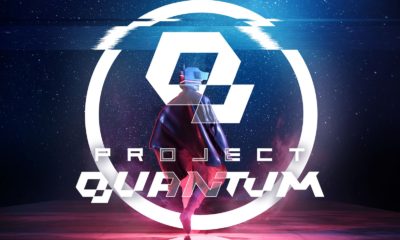

 Press Release3 years ago
Press Release3 years ago
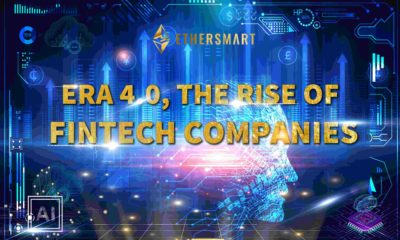

 Press Release4 years ago
Press Release4 years ago
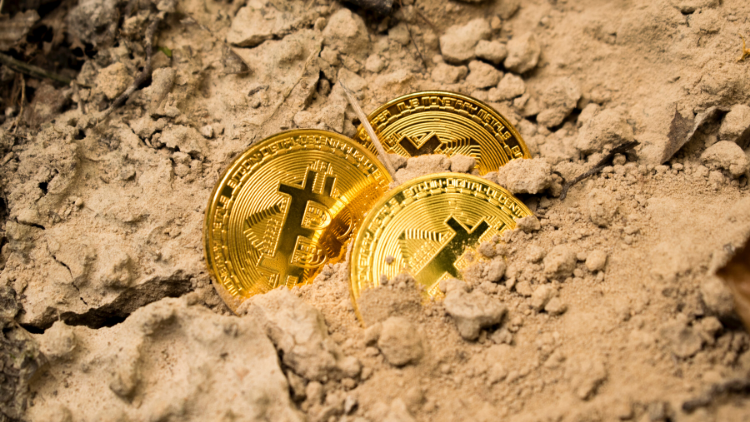

 Blockchain4 years ago
Blockchain4 years ago
